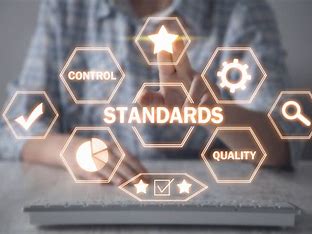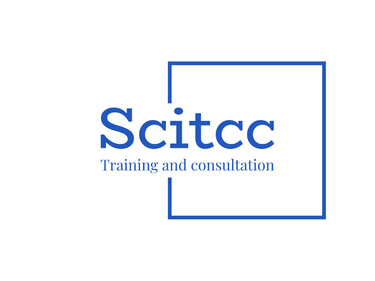
Best Practices in Maintenance Management Systems, tools, and methods
Achieving operational excellence through the development of effective maintenance strategies
$5500.00
Course Title:
Best practices in maintenance management
Subtitle:
Achieving operational excellence through the development of effective maintenance strategies
Introduction:
Effective maintenance management is a vital element to ensure operational continuity, reduce costs, and improve equipment performance. With the rapid development of maintenance methods and techniques, it has become essential for organizations to adopt best practices in maintenance management to ensure operational efficiency and reduce unplanned breakdowns. This course aims to enable participants to gain a deeper understanding of modern maintenance strategies and to apply performance improvement tools in the actual work environment.
Objectives:
By the end of this training course, participants will be able to:
Understanding the basic concepts of types and strategies of maintenance.
Application of preventive, predictive, and reliability-centered maintenance (RCM) principles.
Analyzing the causes of malfunctions and planning maintenance based on data.
Using Key Performance Indicators (KPIs) to measure maintenance effectiveness.
Preparing a comprehensive maintenance plan that aligns with the operational goals of the institution.
Using continuous improvement techniques such as TPM and LEAN in a maintenance environment.
Target audience:
Maintenance managers and supervisors.
Engineers and technicians in the maintenance and production departments.
Those interested in developing their skills in maintenance management.
Workers in the manufacturing, energy, utilities, and engineering services sectors.
Learning method:
Interactive presentations.
Group discussions and real case studies.
Workshops and practical applications.
Short assessments and daily motivational activities.
Using fault analysis and performance measurement tools.
The schedule and course topics:
Day One: Basic Concepts and Maintenance Strategies
Introduction to Modern Maintenance Management.
Types of maintenance: corrective, preventive, predictive, and RCM.
The life cycle of equipment and its impact on maintenance decisions.
Day Two: Planning and Organizing Maintenance
Preparing plans and scheduling maintenance work.
Management of spare parts and technical inventory.
Structuring the maintenance team and defining responsibilities.
Day Three: Tools for improving maintenance efficiency
Key Performance Indicators (KPIs) for maintenance.
Root Cause Analysis (RCA).
Using computerized maintenance management systems (CMMS).
Day Four: Process Improvement and Lean and TPM Techniques
Total Productive Maintenance (TPM).
Principles of Lean Maintenance.
Kaizen continuous improvement techniques in maintenance.
Day Five: Practical applications and comprehensive assessment
A real case study and practical application of what has been learned.
Performance evaluation and gap analysis.
Preparing a strategic maintenance plan for the institution.
Open discussion and distribution of certificates.


